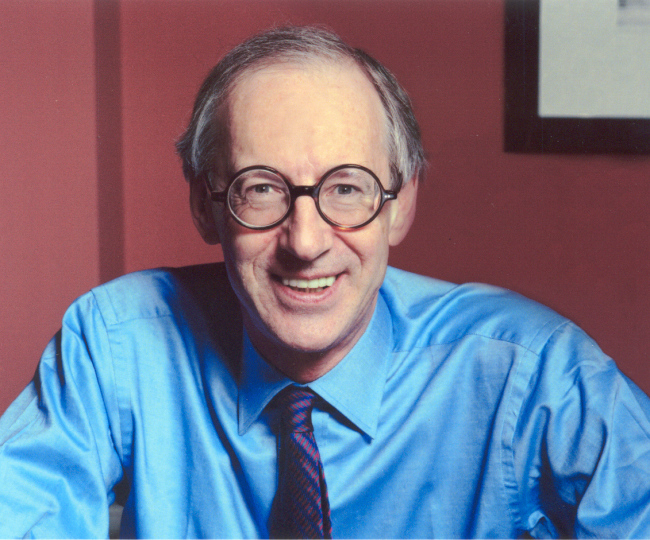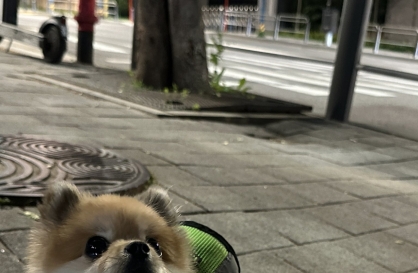Aiming to nurture new growth engines, the Park Geun-hye administration is accelerating steps to support the development of creative industries.
The government, however, should “intervene with caution,” says John Howkins, a pioneer of the term and movement for a creative economy based in London.
“Governments can provide incentives and tax breaks, and implement regulations to encourage economic activity. But it cannot enforce creativity in the same way as it can, say, infrastructure,” said Howkins in an email interview with The Korea Herald.
He referred to the greater challenges of designing low-energy cars or patient-centered healthcare, as opposed to the government building a road or hospital.
Howkins is well known for having coined the term “creative economy” through his book “The Creative Economy, How People Make Money from Ideas,” published in 2001, and is known for his expertise in the use of intellectual property laws to support the creative economy.
The former journalist is currently the chairman of Howkins & Associates and has advised global corporations, international organizations, governments, and individuals in over 30 countries.
The government, however, should “intervene with caution,” says John Howkins, a pioneer of the term and movement for a creative economy based in London.
“Governments can provide incentives and tax breaks, and implement regulations to encourage economic activity. But it cannot enforce creativity in the same way as it can, say, infrastructure,” said Howkins in an email interview with The Korea Herald.
He referred to the greater challenges of designing low-energy cars or patient-centered healthcare, as opposed to the government building a road or hospital.
Howkins is well known for having coined the term “creative economy” through his book “The Creative Economy, How People Make Money from Ideas,” published in 2001, and is known for his expertise in the use of intellectual property laws to support the creative economy.
The former journalist is currently the chairman of Howkins & Associates and has advised global corporations, international organizations, governments, and individuals in over 30 countries.

“Many governments which are familiar with older forms of economy based on agriculture, manufacturing and conventional services are faced with a major task. The task is to change a policy framework suitable for mass market manufacturing to a framework suitable for creativity and innovation,” Howkins said.
He pointed out how the creative economy had already been adopted as a policy goal by around 100 countries, including China, as a way of supporting growth and international competitiveness.
At other forums, Howkins has explained that creativity is critical almost everywhere, not just for industry, and that it comes down to recognizing extraordinary talent within individuals, and enabling them how to develop it in a corporate form.
“Creativity is not new and neither is economics, but what is new is the nature and extent of the relationship between them, and how they combine to create extraordinary value and wealth,” he said in his book.
The Park government has also been seen as mindful of the appropriateness of constrained government intervention, emphasizing that its job is to provide support such as by removing regulatory barriers.
On Tuesday, Park called for deregulation to facilitate mergers and acquisitions of venture start-ups, saying that investments were the key to revitalizing industry as part of her “creative economy” vision. The government plans to provide tax incentives and other measures including 26 trillion won worth of support for small start-up companies this year as part of efforts to create a business-friendly environment for venture business activities.
But critics have pointed to the backlash that the president’s emphasis on creativity may bring, portraying the global trend toward creativity as a political jingle, especially in bureaucratic circles.
Already, different ministries have been criticized for repeating policy plans by adding “creative” in the title of their reports, regardless of the context of the measures.
Howkins suggested a holistic approach to fundamentally fit creativity throughout all realms of life including industries, society and education.
“I describe this as the ecology. A successful creative economy involves not only business but how people regard themselves and how society behaves,” he said.
Howkins suggested that the government should examine all policies to make sure they are suitable, from education and employment law, to tax, research and development, finance and intellectual property.
He explained that his approach is to look at each stage in the process, including the initial thought, the circumstances and the business of getting it to market. “They form a tripod: the individual, society and the economy.”
Howkins is a visiting professor at City University in London and vice dean and visiting professor at the Shanghai School of Creativity, Shanghai Theatre Academy. His company Howkins & Associates offers policy consultation to governments, cities and companies.
By Lee Joo-hee (jhl@heraldcorp.com)
-
Articles by Korea Herald








![[AtoZ Korean Mind] Does your job define who you are? Should it?](http://res.heraldm.com/phpwas/restmb_idxmake.php?idx=644&simg=/content/image/2024/05/06/20240506050099_0.jpg&u=)










